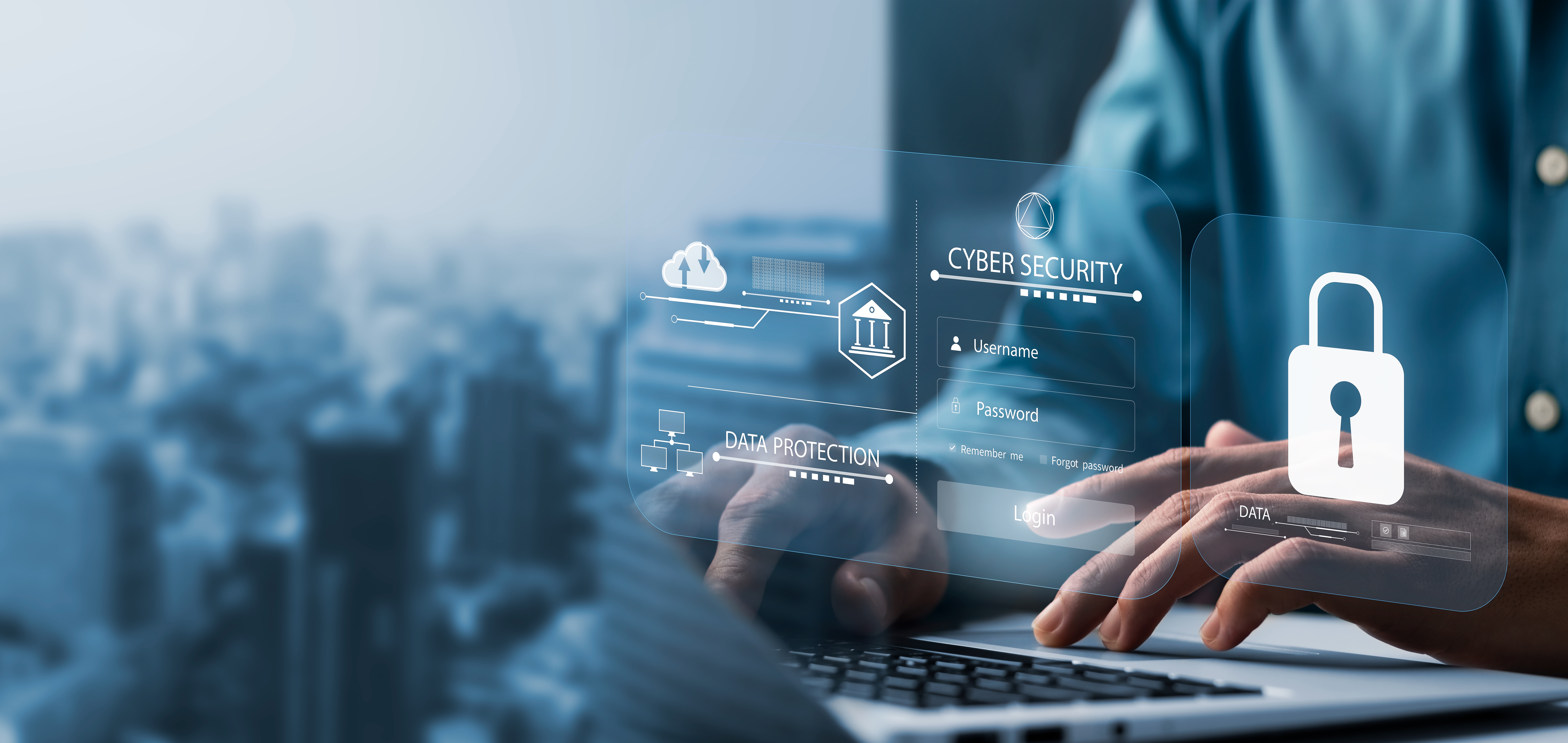Organisations across Asia Pacific (APAC) are facing challenges in maintaining relevant capabilities in cybersecurity not only because of technical limitations and resources but also due to rapidly evolving threats against data and systems. The increasing focus on data protection, generative AI (GenAI) and AI, as well as governance, risk, and compliance (GRC), makes it increasingly difficult for organisations to bridge their cybersecurity gaps.
It is important that organisations build the skills required to meet the challenges in cybersecurity in APAC. However, a realistic approach is essential when developing skills within an organisation, given the rapid evolution of technology and the cybersecurity field.
Building the capabilities of existing employees
One method to address the cybersecurity requirements internally is to enable existing IT employees with an interest in the field to upskill by gradually transitioning them to cybersecurity-focused roles. For instance, network and cloud specialists can evolve into specialised roles in network or cloud or infrastructure security functions.
The emergence of newer variants of ransomware and the ascent of Malware-as-a-Service (MaaS) have prompted many firms to place a greater emphasis on narrowing the cybersecurity skills gap within their IT teams. Employers are becoming increasingly aware of the importance of focusing internally and considering how they can better prepare current employees with more upskilling and reskilling opportunities.
Furthermore, since people are the last line of defence, it is important to maintain a robust security awareness programme to train all employees in the best practices of cybersecurity and basic security hygiene. Common training includes phishing awareness, distinguishing between the different forms of cyberattacks and techniques, and assessing the organisation’s readiness to face cyberattacks if they occur.
Navigating the changing digital landscape using new skills
The digital landscape is rapidly evolving, and with it, the cybersecurity skills required by today’s organisations are also undergoing dramatic changes. A study conducted by Sapio Research found that 85% of security professionals who observed an increase in cyberattacks in 2023 attributed the rise to malicious actors armed with GenAI.
AI is changing the game in cybersecurity by enhancing phishing and social engineering tactics – capable of outsmarting legacy security systems and, in many cases, the humans. Cyber attackers can now use AI to generate highly convincing phishing emails that are difficult to distinguish from legitimate ones, making it crucial to understand AI’s workings to prevent successful breaches.
With the use of AI algorithms, cyber attackers can automate the process of identifying vulnerabilities and creating advanced malware and ransomware. They can execute large-scale cybersecurity attacks with cascading effects, requiring minimal human intervention. As a result, AI and GenAI pose a significant threat to cybersecurity, making it crucial for organisations to stay vigilant and take proactive measures to protect against these advanced cyber threats.
The shifting digital landscape’s most significant impact on the cybersecurity workforce in APAC is the need for professionals to swiftly adapt to new technologies while adopt a continuous learning and improvement approach. Essentially, they must come to grips with the need to move beyond legacy tools and integrate security across their workflow.
In today’s market conditions, developing and investing in cybersecurity skills is challenging for business, especially those who have large IT footprint or legacy systems. External support, especially from a managed security services provider, can significantly ease the burden on cybersecurity professionals by outsourcing labourious responsibilities.
Partner with a proven managed security service provider
A managed security service (MSS) provider can help organisations in enhancing security posture and optimising the use of in-house resources. Organisations can focus on core business functions while the partner provides, not only advanced expertise, but also the necessary tools and manpower to ensure that they stay on top of potential threats and take early intervention.
Organisations can benefit from the MSS partner’s expertise and experience with a dedicated security operations centre (SOC) and provide guidance on their security transformation journey. A good MSS partner can help to augment security operations, allowing organisations to become more resilient to potential attacks with an effective response and recovery strategic. The long-term benefit is being able to scale services to match the organisation’s evolving business needs without the significant costs associated with building a new in-house security team.
In addition to 24/7 threat monitoring, detection and incident response, an MSS partner can help organisations proactively mitigate risks while providing advisory on regulatory and compliance requirements. For example, compliance with industry standards such as HIPAA and GDPR can be more readily achieved with such expert assistance at hand.
How Lumen can help
With Lumen as an MSS partner, organisations gain a partner with global expertise and local experience in managing security holistically across all aspects – identify, protect, detect, response, and recovery.





